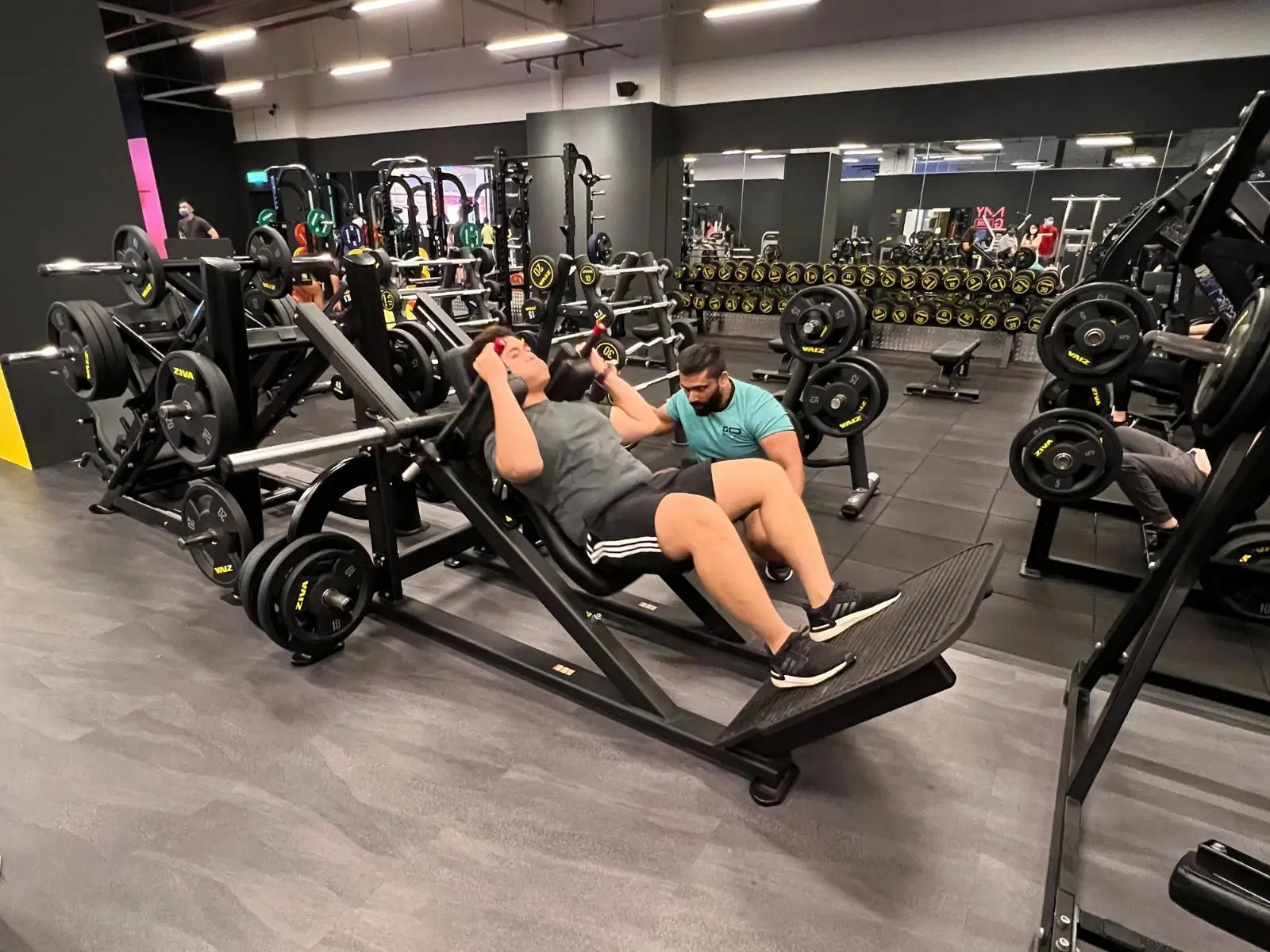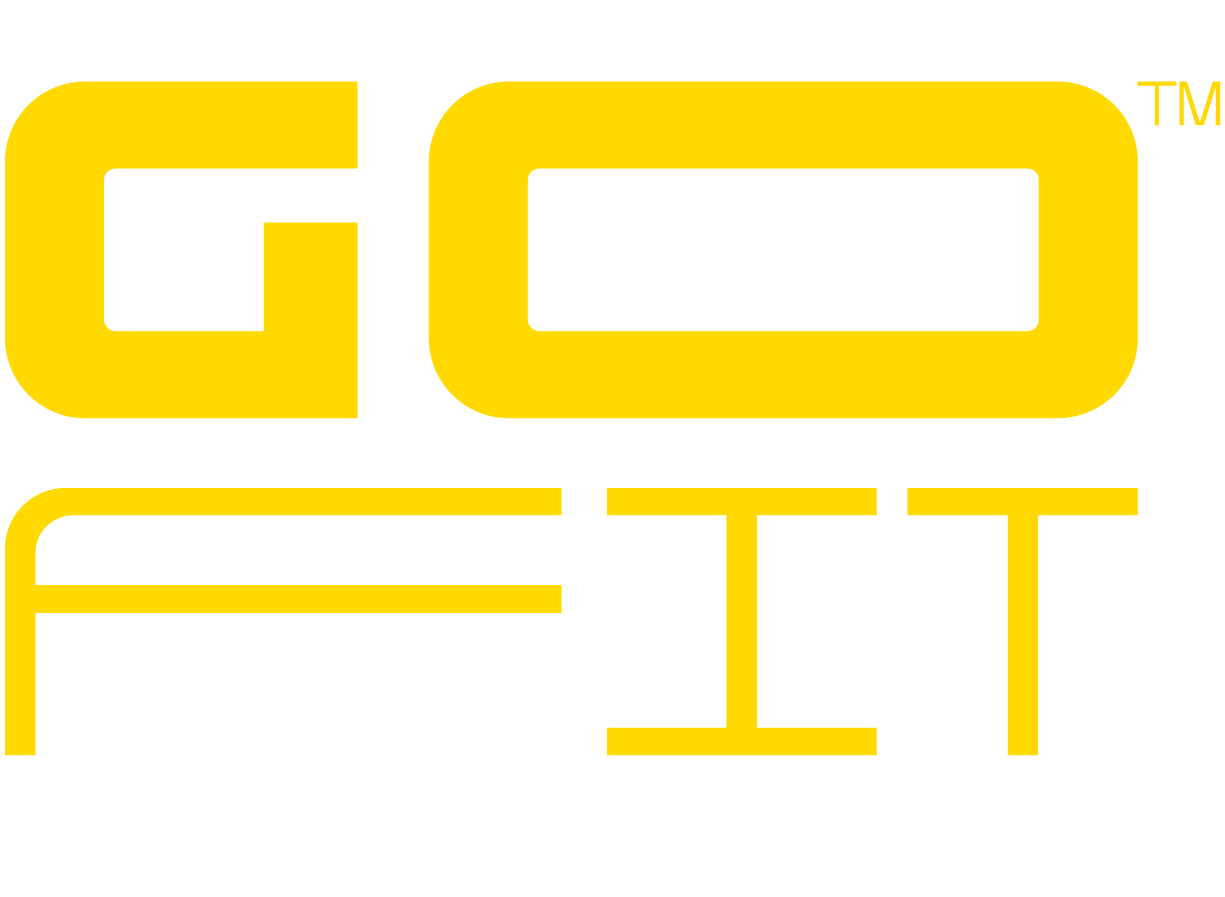Ramadan is a time of spiritual reflection, self-discipline, and fasting from dawn to sunset. While the focus is on faith and devotion, maintaining your fitness and overall well-being during this month of Ramadan is also important. Adjusting your fitness routine and nutrition can help you stay energised and healthy while observing the fast.
Here are our practical Ramadan fitness tips to help you maintain your physical and mental well-being throughout the month.
1. Adjust Your Workout Routine
Exercising during fasting hours can be challenging due to low energy levels and dehydration. To maintain fitness while fasting during Ramadan, consider these adjustments:
- Best Time to Exercise: The optimal time for workouts is either before suhoor (pre-dawn meal) or after iftar (breaking fast). Working out after iftar allows your body to refuel and hydrate before exercise.
- Low-Intensity Workouts: Choose light exercises such as walking, stretching, or yoga during fasting hours. High-intensity workouts should be reserved for after iftar when you have replenished your energy levels.
- Shorter Sessions: Reduce workout durations to 30-45 minutes to avoid excessive exhaustion.

2. Prioritise Hydration
Dehydration can lead to fatigue, headaches, and reduced performance. Since you cannot drink water throughout the day, proper hydration during non-fasting hours is essential.
- Drink Plenty of Water: Aim for at least 8-10 glasses of water between iftar and suhoor.
- Avoid Sugary and Caffeinated Drinks: Caffeine can dehydrate you, and sugary drinks can cause energy crashes.
- Eat Hydrating Foods: Include fruits and vegetables with high water content, such as cucumbers, watermelon, and oranges.
- Follow a Hydration Schedule: Drink small amounts of water throughout the night instead of all at once to prevent discomfort.
Pro Tip: Adding chia seeds to your suhoor meal can help retain hydration longer due to their water-absorbing properties.
3. Choose Nutritious Suhoor and Iftar Meals
Balanced meals at suhoor and iftar provide the nutrients needed to sustain energy levels throughout the day, crucial for maintaining your fitness during Ramadan.
Best Foods for Suhoor:
- Complex Carbohydrates: Whole grains, oats, and brown rice provide long-lasting energy.
- Protein-Rich Foods: Eggs, Greek yoghurt, and nuts help with muscle maintenance and satiety.
- Healthy Fats: Avocados, olive oil, and almonds provide sustained energy and aid in nutrient absorption.
- Hydrating Choices: Fresh fruits and smoothies can help maintain hydration levels.
Best Foods for Iftar:
- Dates and Water: A traditional way to break the fast, dates provide natural sugars for a quick energy boost.
- Lean Proteins: Chicken, fish, and tofu support muscle recovery.
- Fiber-Rich Vegetables: Leafy greens, carrots, and bell peppers improve digestion and prevent bloating.
- Avoid Overeating: Eat slowly and be mindful of portion sizes to prevent bloating and sluggishness.

4. Listen to Your Body
Fasting affects everyone differently, and it’s essential to recognise your body’s limits during this Ramadan period.
- If you feel weak or dizzy, opt for rest instead of pushing through an intense workout.
- Modify your fitness routine based on your energy levels each day.
- Prioritise sleep to help your body recover and stay energised.
- Take short naps if needed to recharge your energy levels.
According to the Malaysian Journal of Nutrition, adequate rest and proper meal planning can significantly improve endurance and energy levels during Ramadan.
Source: Malaysian Journal of Nutrition – Impact of Fasting on Physical Health
5. Maintain an Active Lifestyle
While intense workouts might not be ideal during Ramadan, staying active in other ways can keep you fit.
- Opt for light walks after iftar to aid digestion.
- Choose active transportation, such as walking instead of driving for short distances.
- Perform simple stretching exercises to prevent stiffness.
- Engage in household activities that require movement, such as cleaning or gardening.
6. Avoid Overeating During Iftar
After a long day of fasting, it’s tempting to indulge in large portions. However, overeating can cause bloating and sluggishness.
- Break your fast with light foods before consuming heavier meals.
- Eat slowly to allow your body to signal when it’s full.
- Practice portion control by using smaller plates and mindful eating techniques.
7. Overcoming Common Challenges
Ramadan can present unique obstacles when it comes to maintaining your fitness. Here are ways to tackle some of the most common struggles:
- Managing Cravings: Opt for natural sugars from fruits instead of processed sweets. Cravings often stem from dehydration, so drink water before reaching for snacks.
- Dealing with Fatigue: Prioritise sleep, take power naps when needed, and avoid excessive screen time before bed to improve sleep quality.
- Busy Schedules: Plan quick, effective workouts such as bodyweight exercises at home or short evening walks.
- Avoiding Digestive Issues: Eat fiber-rich foods and drink plenty of water to support digestion. Avoid greasy and processed foods that may cause bloating or discomfort.
Expert Tip: Eating probiotic-rich foods like yoghurt and kimchi can aid digestion after breaking fast.
8. Focus on Mental and Spiritual Well-Being
During this period, be sure to balance your focus on maintaining your physical fitness during Ramadan with mental and spiritual fitness.
- Practice mindfulness and gratitude to reduce stress.
- Engage in prayers and meditation to enhance emotional balance.
- Ensure adequate sleep by maintaining a consistent bedtime routine.
- Remember that during Ramadan, your fitness should complement your spiritual goals, not compete with them.
Staying fit and healthy during Ramadan is all about balance. Adjusting your workout schedule, focusing on nutritious meals, and staying hydrated will help you maintain energy levels throughout the month. Most importantly, listen to your body and prioritise overall well-being over intense fitness goals.
At GoFit, we believe in making fitness adaptable to all lifestyles.
Whether you need expert advice, a supportive community, or workout plans suited for Ramadan, we are here to help.
Find a GoFit gym near you and stay active this Ramadan!








